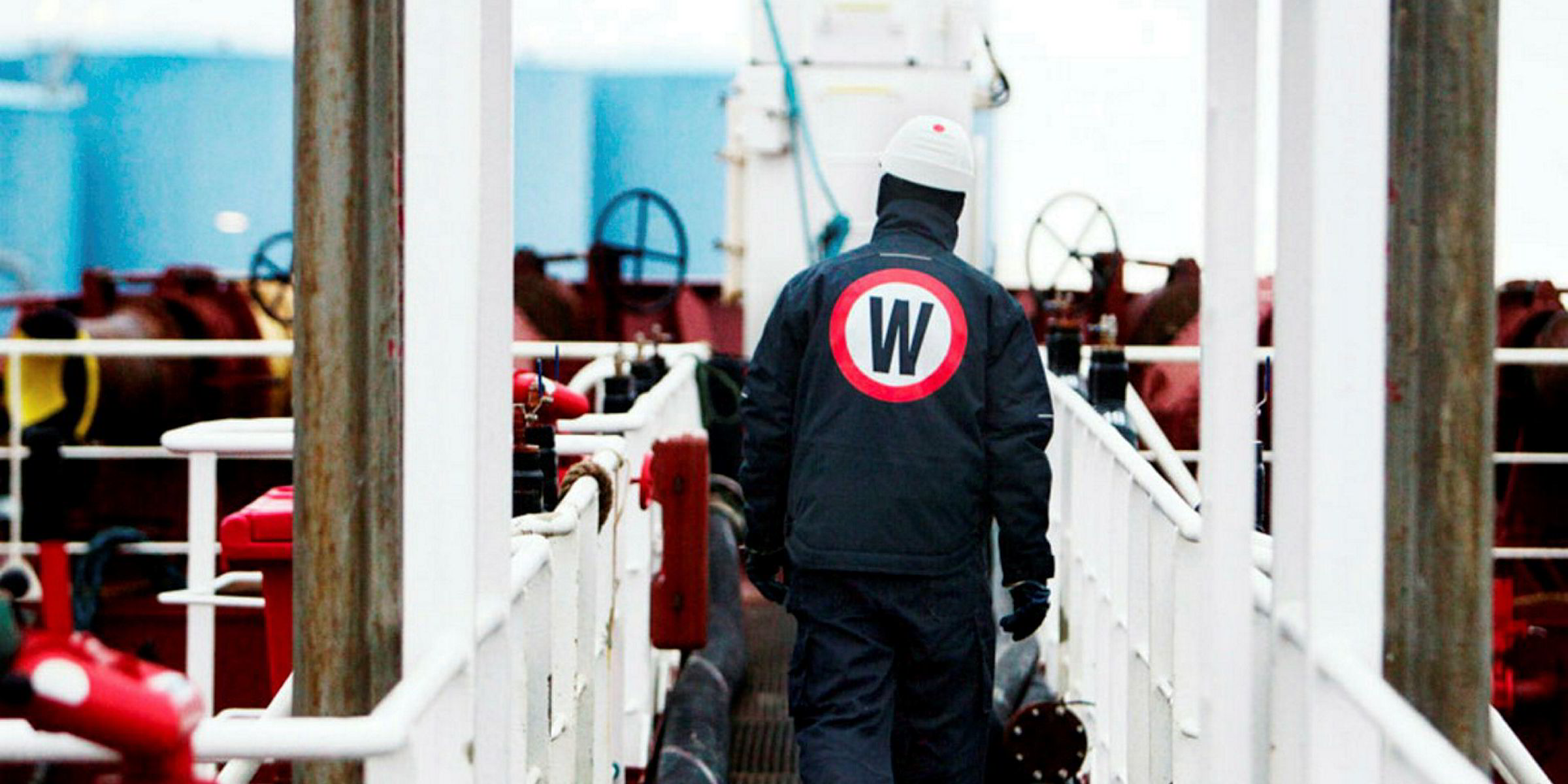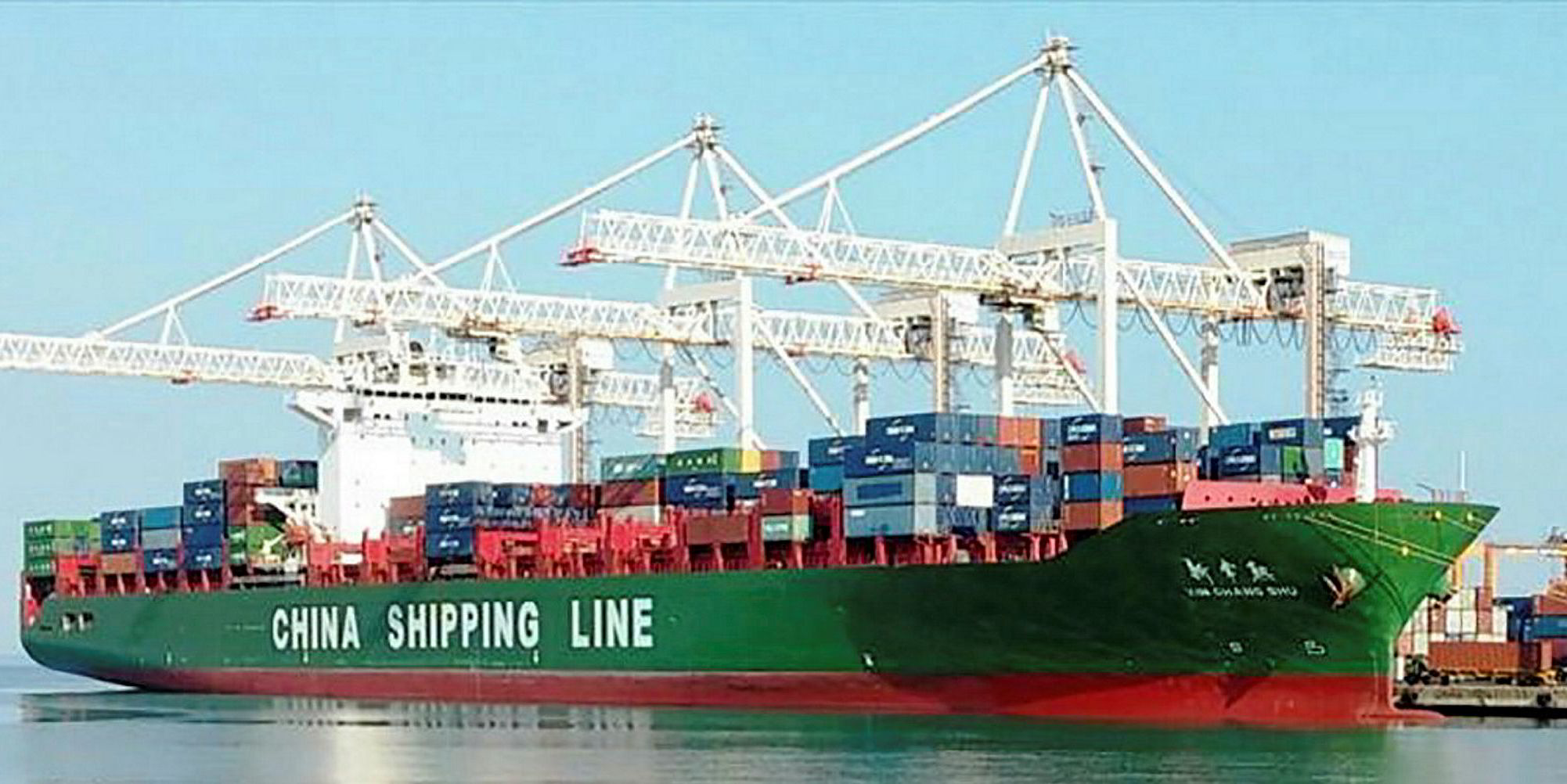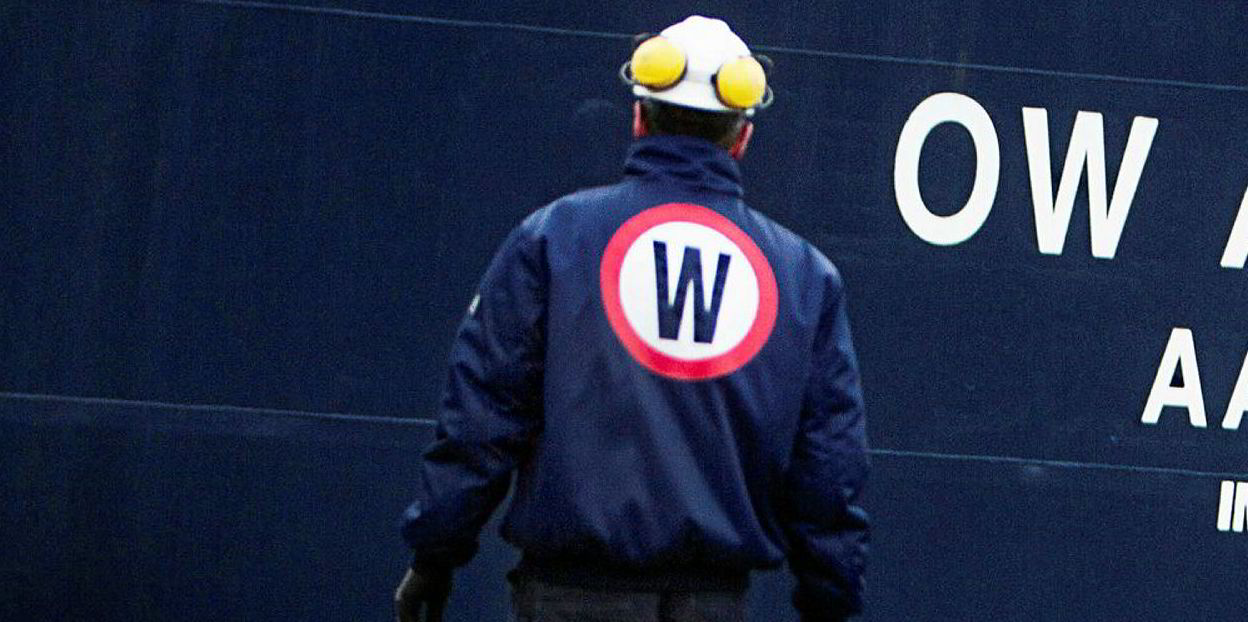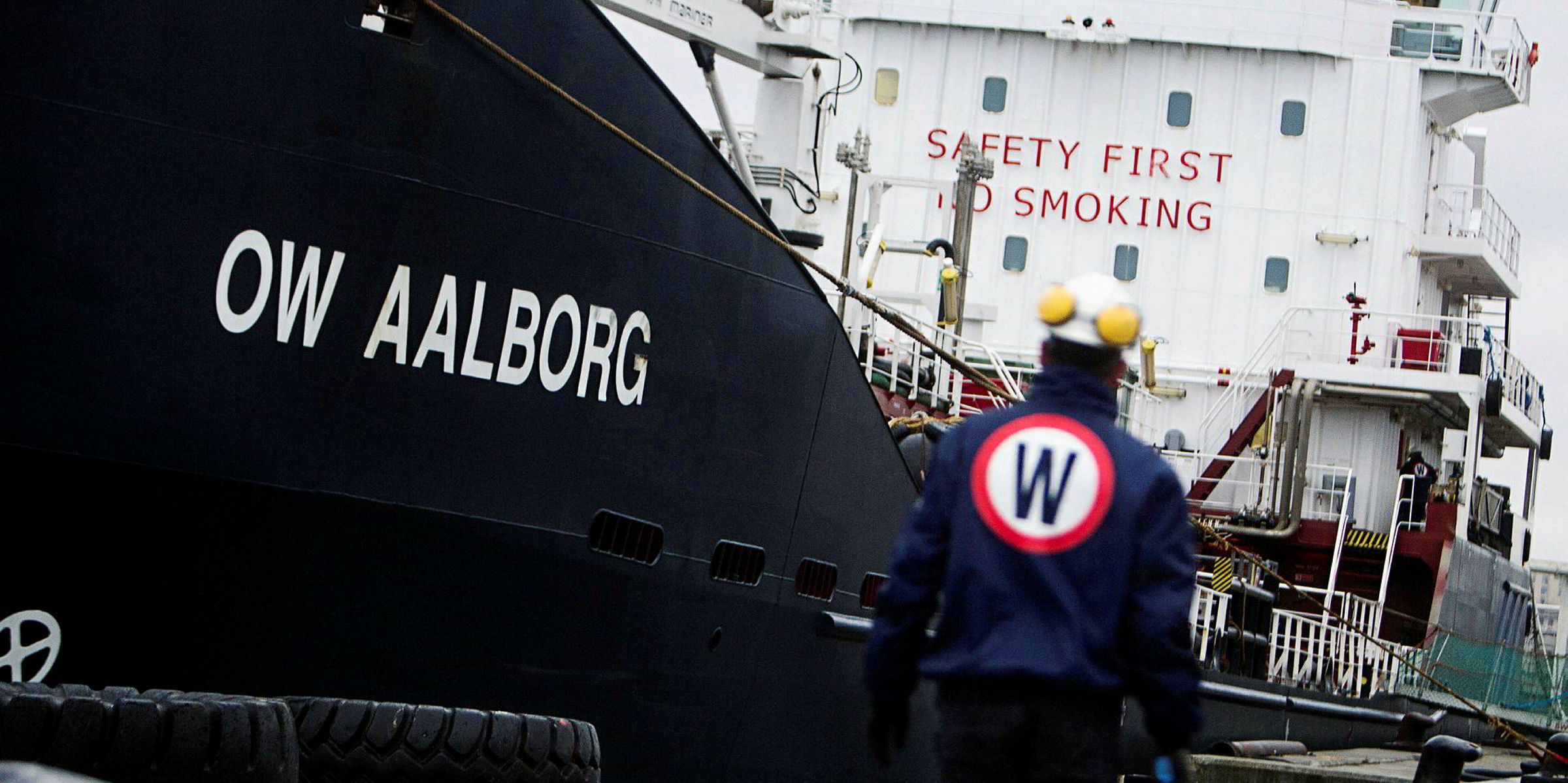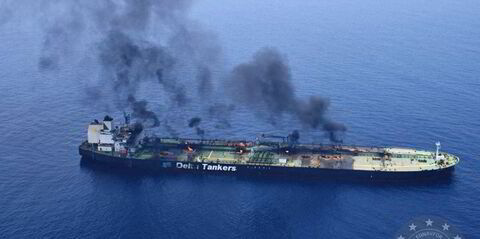The UK high court has dismissed Cockett Marine Oil's bid to challenge a tribunal ruling in a dispute over bunker payments arising from the collapse of Denmark's OW Bunker (OWBG).
Justice Nigel Teare ruled that the London panel was entitled to make awards against the company and in favour of ING Bank.
Cockett had challenged two arbitration awards on the grounds that the tribunal had no jurisdiction.
It had supplied fuel in 2014 to a Polish ship named as Ziemia Cieszynska and Petredec's 82,000-cbm VLGC Manifesto (built 2013).
London clause included
The tribunal said the contract between the parties included a London arbitration clause, which Cockett disputed.
The claims totalled around $528,000 in total.
Cockett bought fuel from OW in Malta and the Middle East, and OW in turn sourced the bunkers from Eko Marine Fuels and GS Caltex.
The question before the court was whether OW's terms were varied so as to exclude the London arbitration clause because the actual or physical supplier of the bunkers insisted that its terms, (which did not include a London arbitration clause), governed the contracts between OW and Cockett.
Clause L4 of OW's 2013 terms and conditions provided that they were subject to variation in circumstances where the physical supply of the bunkers was being undertaken by a third party which insisted that the buyer is also bound by its own terms and conditions.
No relevant variation
But Teare said this did not include a variation such as to incorporate Eko's terms for Greek law and jurisdiction.
He said: "The aim of clause L4, where the bunkers are supplied by a third party and the third party insists that the buyer, that is, the party who orders bunkers from OWBG, should 'also' be bound by the terms and conditions of the third party, is that the terms and conditions of OWBG should be 'varied accordingly'.
"In the present case the third party supplier is Eko. It is true that its terms and conditions provide, in effect, for Greek law and jurisdiction but there is no evidence that it has insisted that the person who has ordered bunkers from its buyer must 'also be bound by Eko's terms. Eko has only insisted that OW Bunkers be bound by its terms."
He added: "There being a valid assignment in favour of ING Bank, there was a valid arbitration agreement between ING Bank and Cockett Marine. It follows that the arbitrators had jurisdiction to make an award in favour of ING Bank."
Teare queried the reasons for Cockett's action.
"The bunkers were supplied without complaint and in those circumstances it is puzzling that the claimants on this challenge wish to incur further legal costs on the question of jurisdiction," he added.
"The explanation may lie in the complications caused by the collapse of the OW Bunker Group, which have already engaged the attention of the Supreme Court. But there appears to be no risk of the claimants having to bear the costs of the bunkers twice.
He said: "In the one case, I have been told that they have paid the actual or physical supplier of the bunkers, but if they are liable to the defendants [ING] also they have the benefit of an indemnity from the supplier.
"In the other case I have been told that the defendants have paid the actual or physical supplier. Counsel for those challenging the awards had no instructions as to there being any particular commercial or business reason for incurring the costs of this challenge."
